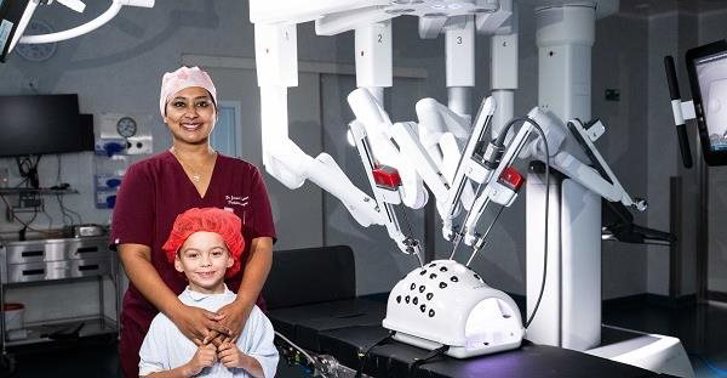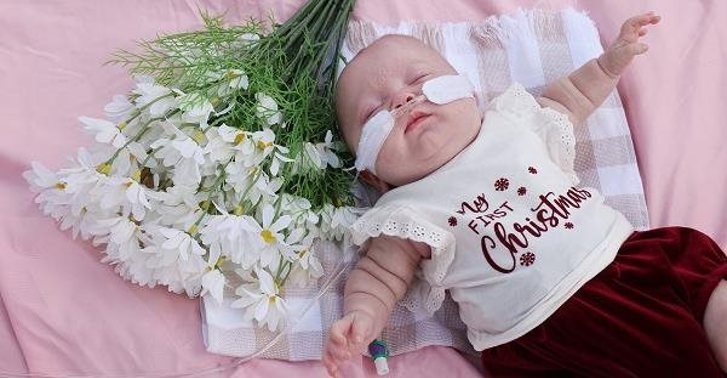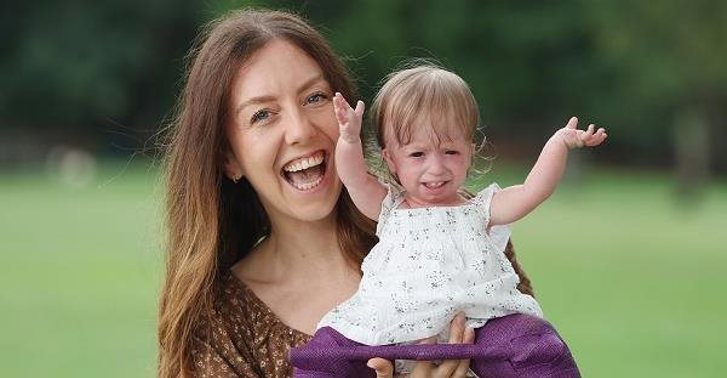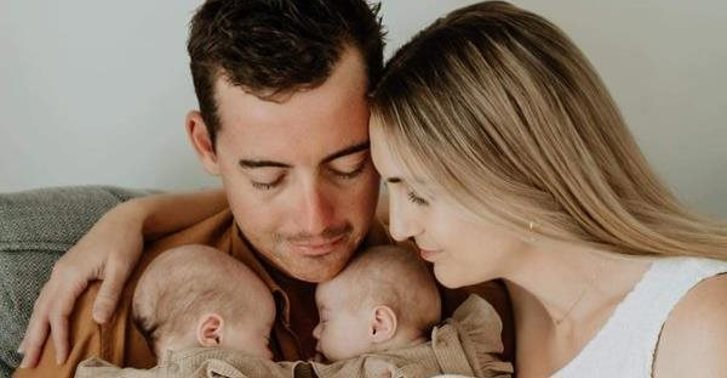Mater Children's Private Brisbane is located on Yuggera and Turrbul Country.
Mater has provided specialist paediatric healthcare services for Queensland children for almost a century.
Today, through Mater Children's Private Brisbane - Australia's first dedicated paediatric hospital founded in 1998 - we continue to provide innovative healthcare and emotional support to children and families across South East Queensland and beyond.
We understand how overwhelming it can be when your child is unwell. That's why we're here to provide reassurance and expert care every step of the way.
Here, your child will be cared for by your chosen specialist and supported by a highly experienced team of paediatric doctors, nurses and allied health professionals who work together to provide comprehensive care, ensuring your child receives the support they need all in one place.

Located in South Brisbane, our hospital features a welcoming inpatient ward, surgical and medical day units, and Queensland's only dedicated paediatric sleep unit.
We provide short-stay and day surgical and medical care for privately-insured and self-funded families with children from birth to 16 years of age.
Designed for comfort and care:
- Private single rooms with ensuite and parent day beds
- Spacious sibling-friendly room options
- Entertainment and play areas for children
- Dedicated parent lounges and kitchenettes
- Nutritious child-friendly meals
At Mater, our commitment to innovation - constantly discovering, improving, and adapting - position us as a leader in health, education and research. We're proud to be a trusted partner in your child's health journey.
Patient/General enquiries
Visiting hours
At Mater we recognise the importance of visiting your loved ones at times that are convenient to you. We encourage family and friends to visit patients between 8 am and 8 pm, seven days a week.
Please note, to ensure patients have adequate rest and recovery periods, we promote a rest period between 1 pm and 3 pm.
Inpatient Ward:
Level 7, Salmon Building
Day Unit:
Level 5, Salmon Building
Sleep Unit:
Level 4, Salmon Building
Getting here / Parking
Services
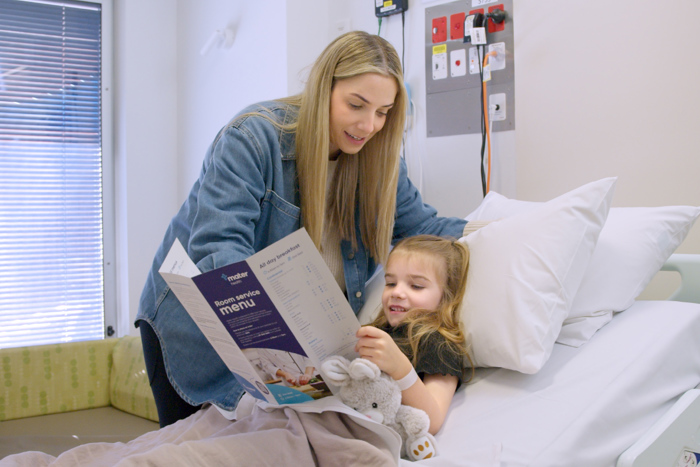
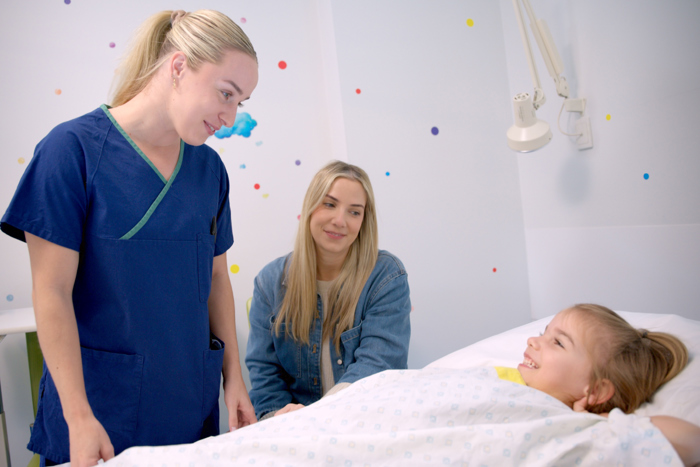
Facilities
Finding your way to Mater Children's Private Brisbane
Directions from the Hancock Street Carpark
This short video guides you on the easiest way to walk from Hancock Street Carpark to Mater Children's Private Brisbane.
Watch video
Directions from the Mater Hill Carpark
This short video guides you on the easiest way to walk from Mater Hill carpark to Mater Children's Private Brisbane.
Watch video
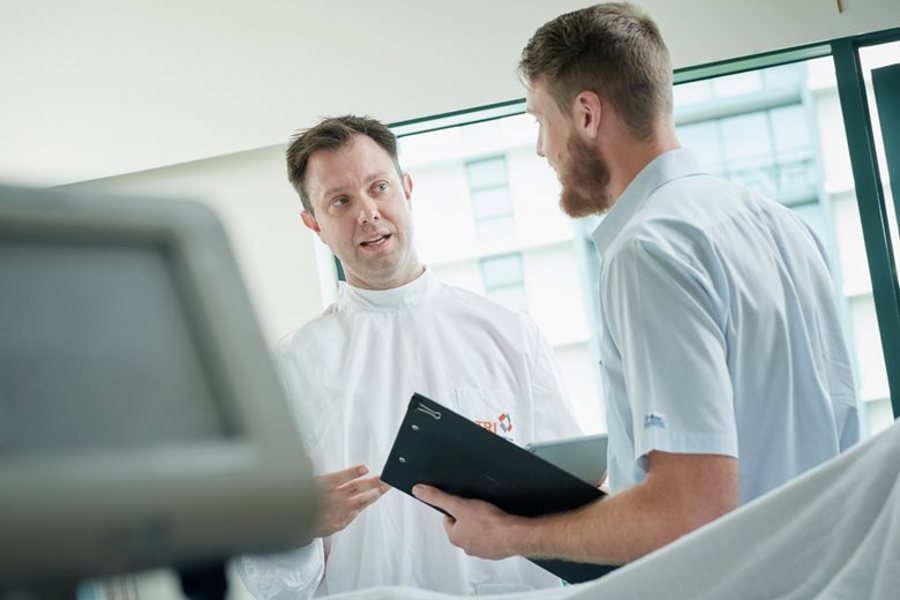
Our safety and performance
At Mater we are fortunate to have an excellent safety record for our staff, patients and visitors but we must always remain vigilant and seek to improve. As part of our commitment to safety, we track our latest safety and performance data for our hospitals on our SafeQuest website.
